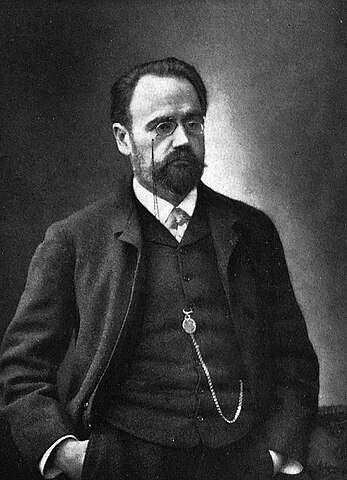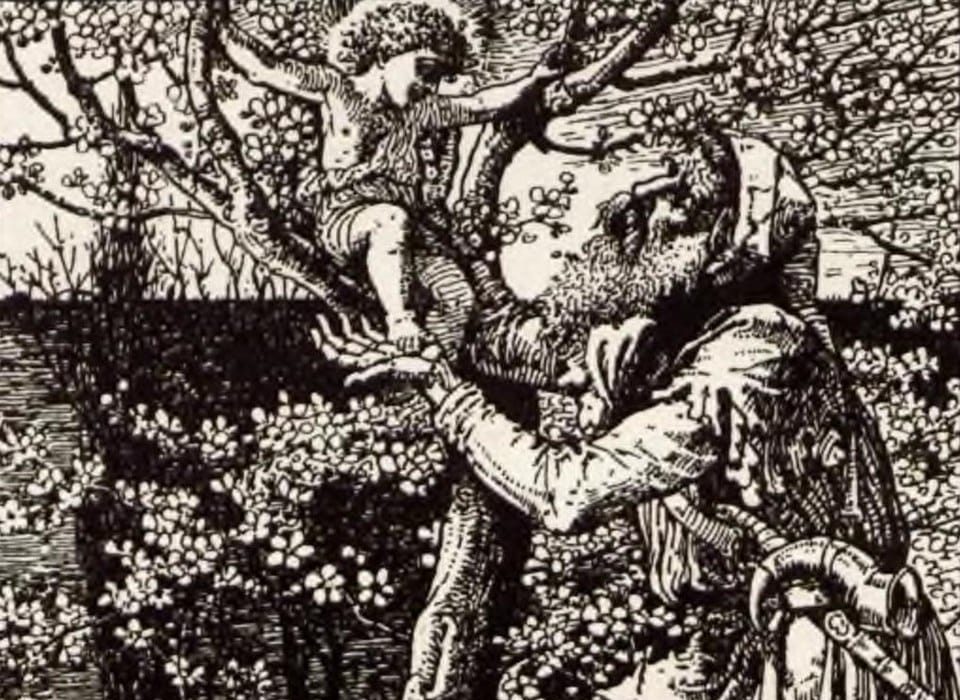Writer Emile Zola was a controversial figure in his lifetime. His trial for libel and his flight to England to avoid imprisonment further cements his difficult relationship with those in power. However, it can be said of such radicals that drawing the ire of authority means you may be shedding light on a vulnerable subject. Zola, ever the supporter of the oppressed, fought throughout his life to defy injustice.
Who Was Emile Zola?
Early Life and The Dreyfus Affair
Zola was born on April 2, 1840. He was a French novelist, critic, and politically-minded journalist. He was also a naturalist thinker and writer who was considered the father of the movement.
Zola’s father died early, and he and his mother struggled financially. These struggles, much like Charles Dickens, may have been the impetus for his socially forward writings.
He played an important role in the Dreyfus Affair as well. He wrote a famous open letter entitled “J’Accuse” that defended Alfred Dreyfus, a Jewish officer accused of treason by the French Army. His “intervention” certainly helped the officer’s case and has stood as a testament to human rights advocacy for many years.
Zola’s Literary Works
Zola’s biggest claim to fame included writing a 20-novel series titled “Les Rougon-Macquart.” The series detailed the interactions between the Rougon and Macquarts families. The family lived during the Second French Empire, and it explored how upbringing shapes people in social classes.
Moreover, and most famously, he wrote La Bete Humaine, which is also known as The Human Beast. The story follows a murderous man named Jacques Lantier who has the urge to kill women due to his family’s history with insanity. After becoming embroiled in a web of sex and deceit, Jacques acts out on his inhibitions.
Zola died in a carbon monoxide accident at his home in 1902. Much like his novels and their dark themes, his story may have ended in foul play.
Legacy of Emile Zola
Zola’s lasting impression can best be summed up by discussing social justice. His unwavering belief in human advocacy and acknowledging the dark side of humanity benefited those he knew. While he lived a controversial life, he contributed a positive impact with his writing and use of his naturalistic ideas.





Leave a comment